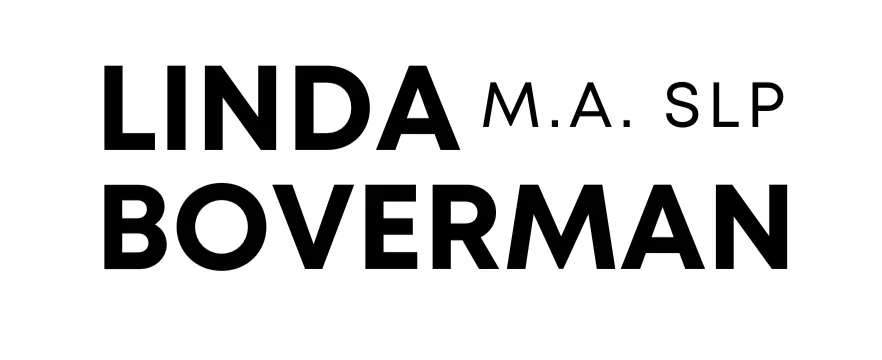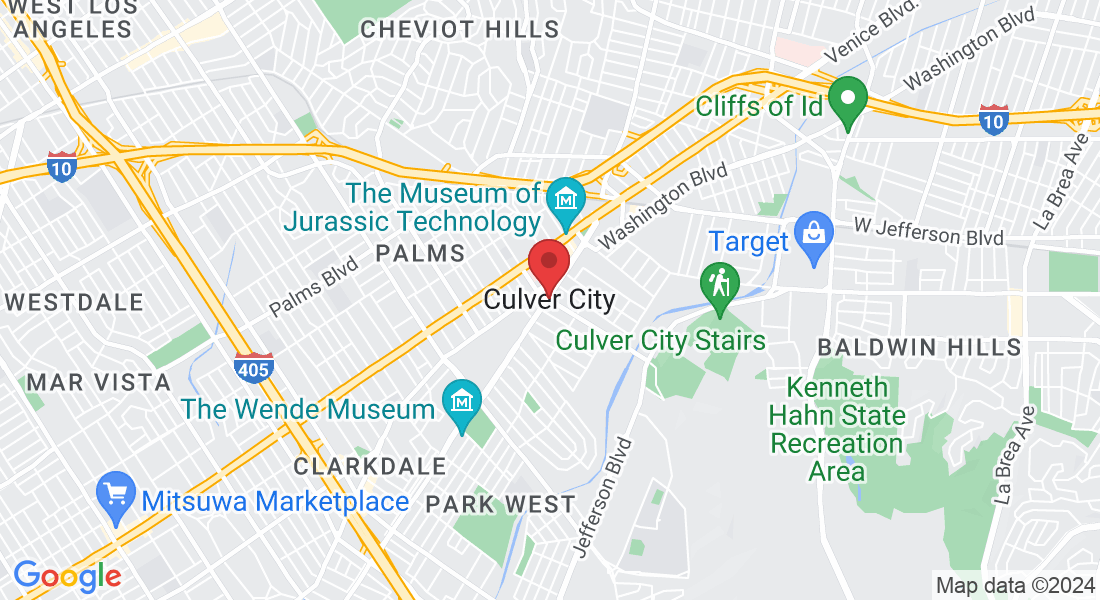I help learning challenged children communicate better
I work with parents to support their children who struggle from language challenges, both receptive and expressive, as well as issues in social communication, writing and cognition. My clientele includes children and adults with learning challenges, ADHD and on the Autism Spectrum. I also am of service to those who do not have a diagnosis, but feel uncomfortable with their use of language, academically and/or socially.
Parents Do You Need Help?
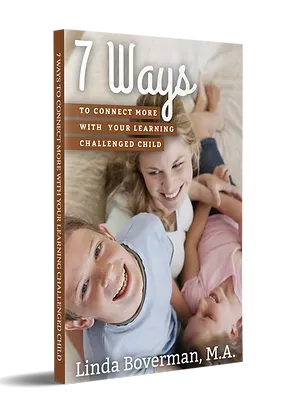
7 Ways To Connect More With Your Learning Challenged Child
It’s hard being a parent, harder still with children that struggle with everyday social rules that are intuitive for you, but elude them. Understanding nuances of behavior is often unavailable to learning challenged kids, but in this book we break down Seven Ways you can better communicate with your child.
My child is not making friends
My client is not picking up on social cues
My child is chronically disorganized
I can't connect with my child
Information Parents Need
Choose your favorite class and start now. Remember, the only bad workout is the one you didn’t do!
Working With Me
A brief video that showcases my area of expertise, details my training, and explains the benefits you can reap from enhanced social communication.
Will My Child Ever Be Able To Live a Normal Life?
Many people are afraid that their child might not live a normal life. This video encompasses what you can expect and how to help your child create a successful and amazing life, even though they might struggle with social communication.
Executive Functioning With Learning Challenged Kids
Does your child have the ability to make a plan and then execute it? In this video, I discuss the importance of executive function and how helping your child become a better planner can make a significant difference.
About My Experience & Practice
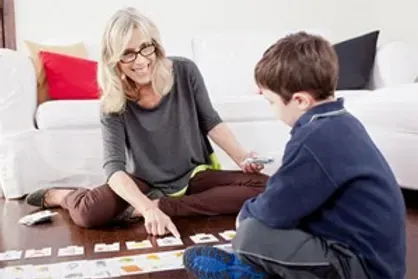
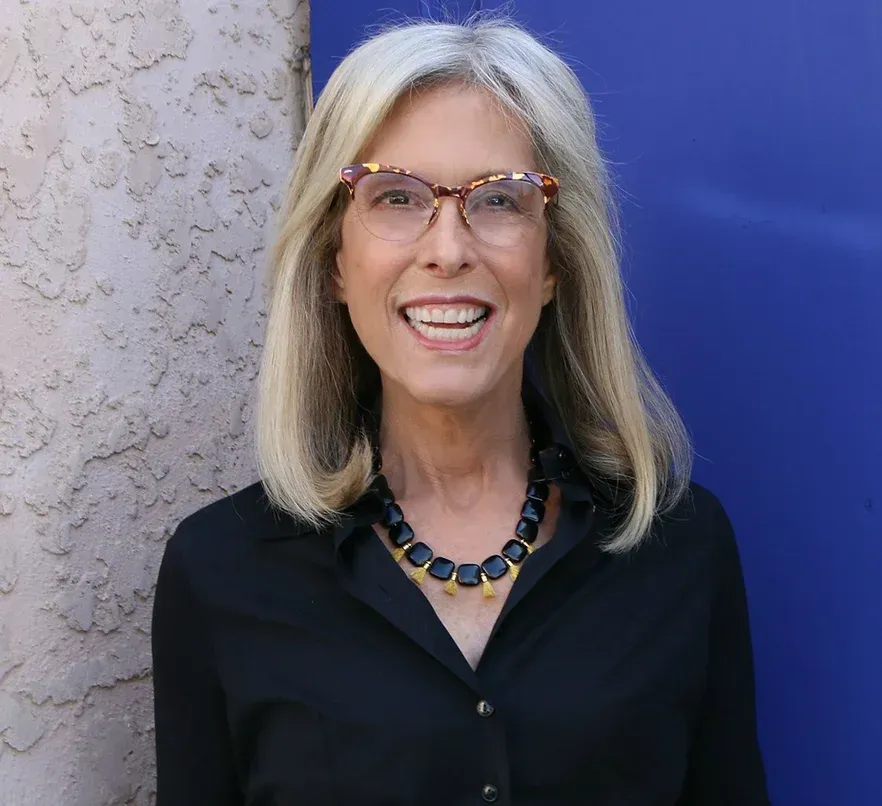
A few of the practioners who influence her work are Michell Garcia Winner (Social Thinking ® and the I–Laugh Model), Carol Grey (Social Stories), Kari Buron and Mitzi Curtis (5 Point Scale), Leah Kuypers (Zones of Regulation), Ellyn Lucas Arwood (Visual Language), Ross Greene (The Explosive Child), Dan Siegel (Mindsight), Sandra Bond Chapmanc (Center for Brain Health), and Carol Dweck (Mindset).
I am a licensed speech and language pathologist with a Masters of Arts degree in Speech Communications and Speech Disorders from California State University at Northridge. She runs a private practice in Culver City and has been on the faculty of Park Century School for children with learning disabilities for over 12 years.
She specializes in working with children and adults who have language challenges, both receptive and expressive, as well as challenges in
social communication, writing, and cognition. Her clientele includes but is not limited to children and adults with learning challenges, ADHD, and on the Autism Spectrum. She is also available to those who do not have a diagnosis but feel uncomfortable with their use of language, academically and/or socially.
Recognizing that language challenges often cannot be separated out from challenges in attention, anxiety, executive function, writing, and social cognition, she addresses these areas as needed.
Mindfulness and brain and cognitive thinking research frequently inform her work. Her commitment to helping children and adults function better in school, in the workplace, and in the social arena has resulted in children and adults leading happier and more productive lives.
My Customer Testimonials
What my clients say about working with me!

"Not only did Linda advise my daughter, she also helped me to be a better parent. Her special blend of warmth, kindness and honesty allowed me to benefit from her expert parenting advice and insights. Her brilliant language helped codify ideas when interacting with our daughter."

MK
Happy Parent

“Linda was the first person to really “get” our son.While others seemed perplexed and vexed, Linda always wanted to know why. A rare voice of calm and reason and curiosity in a world of FIX IT, CHANGE IT, ACTION and MEDICINE."
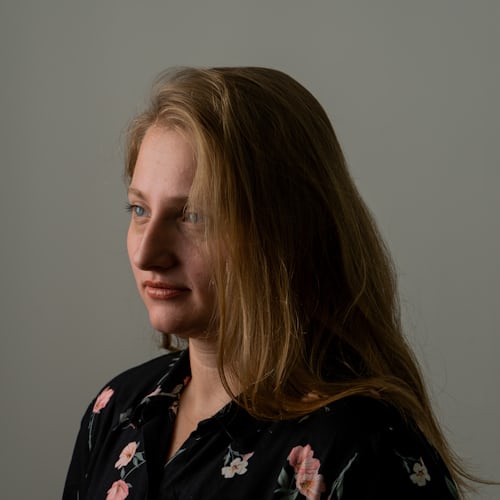
JC
Happy Parent

"Since our 13.5 year old son began working with Linda over a year ago, he has made tremendous strides. His over-all understanding of things has increased as well as his self-confidence. Linda has done a fantastic job

PE
Happy Parent
Follow Me On Instagram
Get In Touch
Email:
LindaBoverman@gmail.com
Address
Office: Culver City, CA
Assistance Hours
Mon – Friday 9:00am – 5:00pm
By Appointment Only
Phone Number:
(213) 804-7750

Copyright 2023 . All rights reserved
